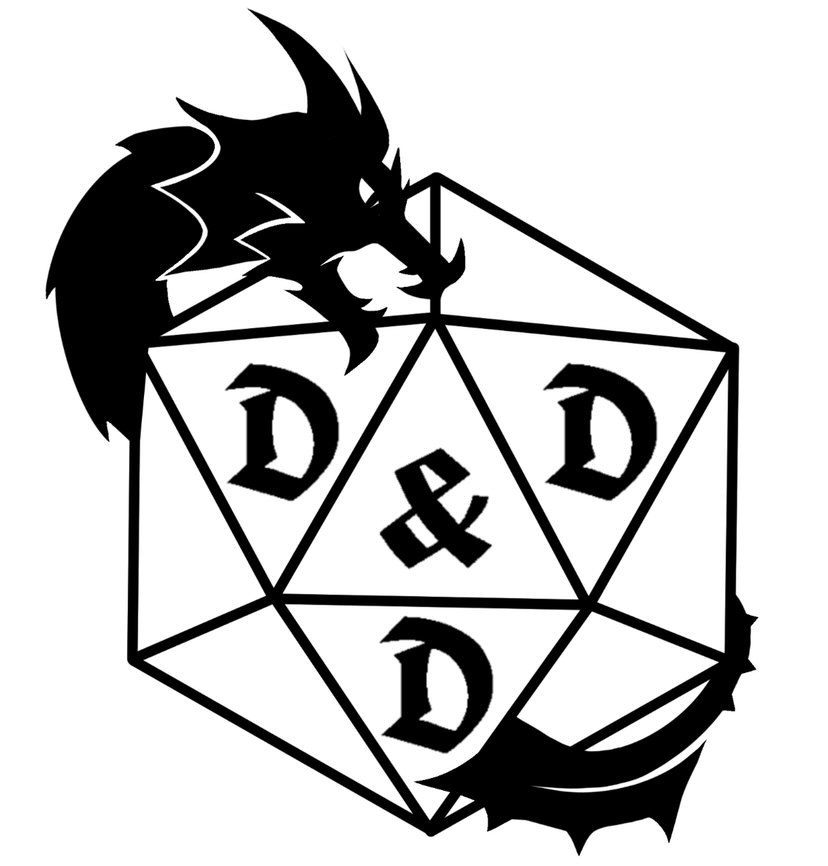Charisma-based skill checks in D&D 5e are kind of broken — but it’s not because the Rules as Written are wrong; it’s because of how your party is (likely) handling them.
Here’s the thing… Most D&D players likely don’t have all that high of a Charisma stat. I’m not talking about the D&D players’ characters here, I’m talking about the D&D players themselves.
Check these out:
- 4 fun ways to make an angsty D&D character that isn’t incredibly annoying
- These are the 4 most important skills to cultivate as a D&D player
- WoTC just dropped a brand new module: ‘Strixhaven: A Curriculum of Chaos’
Granted, if you’re playing a roleplaying game you likely aren’t lacking in Charisma (unless you happen to be That Guy), but there’s no way that even the most charismatic of Regular Ass Humans can compete with a silver-tongued Bard’s +5 (+whatever applicable proficiencies/expertise/whatever other bullshit Bards usually get for their skill checks).
So why are we out here pretending that the person playing that charming af Bard should, in any way, be able to come up with amazingly persuasive/intimidating/seductive sentences?
Because that’s what this all really comes down to: DMs are always asking Charisma-based characters “Okay, what do you say?” whenever the party face tries to talk their way out of trouble or into some nobleperson’s bed, and that. just. doesn’t. work.
To borrow an often-overused analogy: It’s not as though the DM asks the player with the Barbarian for an arm wrestle, and then decide to grant advantage or disadvantage to Hulg the Destroyer (who’s trying to, say, move a big ol boulder or something) based on the outcome of that irl contest.
Yet we are constantly seeing DMs give advantage or disadvantage to Intimidation, Deception, and Persuasion checks based on how convincing of an argument the Normal Ass Human Player can come up with.
And yes, I get that it’s a fun part of the game for players to get to roleplay in those intense, important-enough-to-warrant-a-skill-check moments, but I don’t think that anyone should be penalized for putting in that creative effort and coming up short.
Nine Hells, the Player’s Handbook (Page 185) even offers a Descriptive Approach to Roleplaying, stating that “With this approach, you describe your character’s words and actions to the DM and other players,” which is just as viable a way to Roleplay in D&D as the Active Approach that seems to be the norm.
But this is all to say that a player stating: “I’d like Jimothy the Bard to persuade the guard to let us through by saying that we have permission from the king,” should not be met with a “Okay, what do you say exactly?” from the DM, because the player already did the roleplaying.
I’m not trying to say that one RP approach is better than another, or that players shouldn’t at least come up with a framework for the argument, but I think that a part of the issue might be that many DMs and Players expect their tables to function exactly like the professionals we all spend hours watching play.
Which leads to unrealistic expectations, and many a disadvantaged roll for the face of the party.
A good compromise here would be for someone who’s hoping to persuade, or intimidate, or perform, or deceive, to roleplay as they usually would, and then tack on at the end “…or something along those lines, but likely worded better seeing as my character has much higher Charisma than I do. I’d be happy to roll for it.”
Because at the end of the day, it can be a hard thing for DMs to remember that social interactions are skills, just the same as lifting a bolder, tracking an animal, or doing a cartwheel.
It’s just much easier to forget while having those in-game conversations.
But that’s just my two coppers.
Check these out:
- 4 fun ways to make an angsty D&D character that isn’t incredibly annoying
- These are the 4 most important skills to cultivate as a D&D player
- WoTC just dropped a brand new module: ‘Strixhaven: A Curriculum of Chaos’

